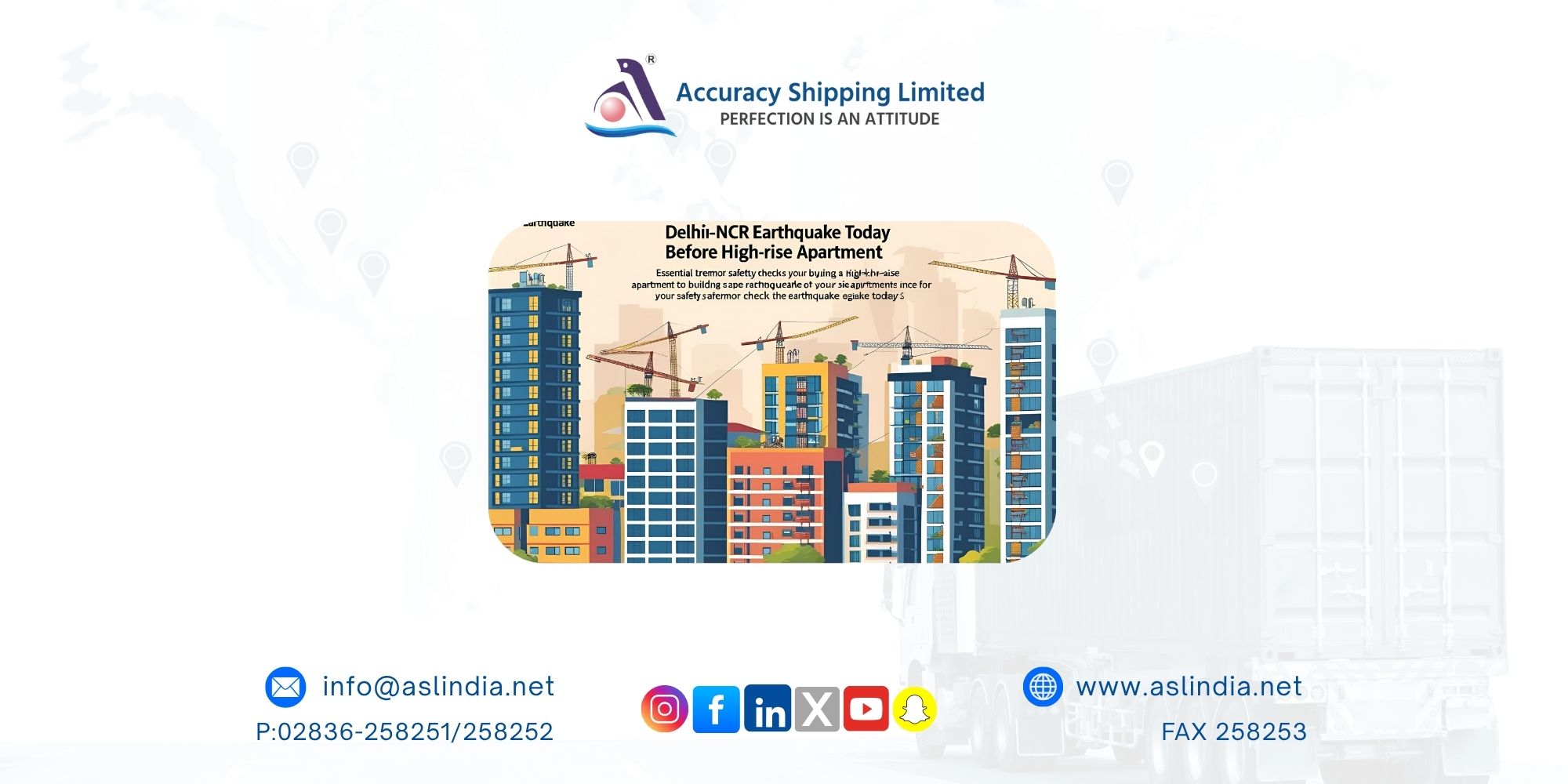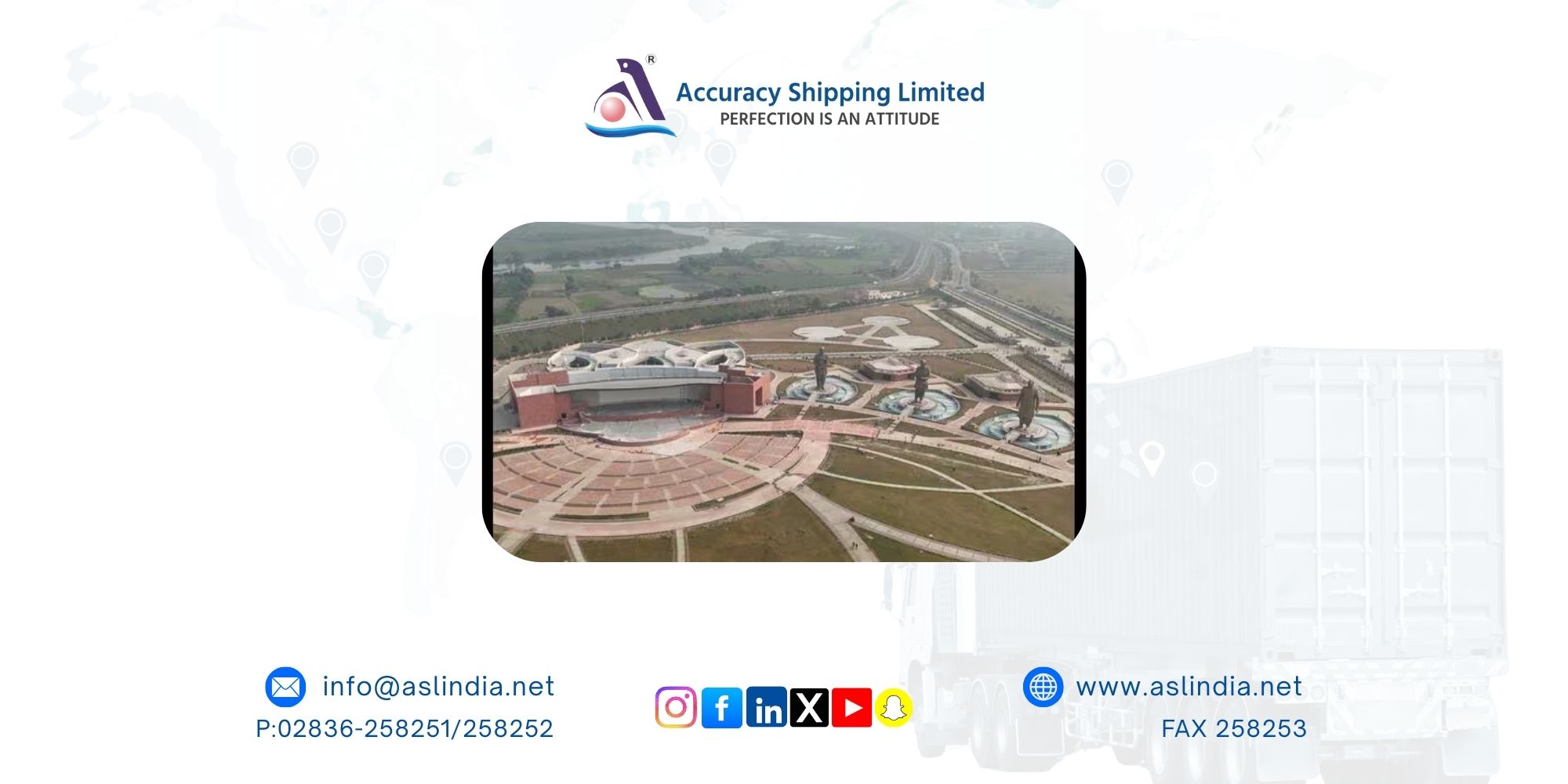Delhi-NCR earthquake today: Essential tremor safety checks before buying a high-rise apartment

Introduction
On July 10, a 4.4-magnitude earthquake shook the Delhi-NCR region, sending tremors through Delhi, Noida, Ghaziabad, Gurugram, and Faridabad. The National Center for Seismology reported the epicentre in Jhajjar, Haryana, at a shallow depth of 10 km. While no immediate damage was reported, this event served as a powerful reminder for residents and prospective homebuyers about the importance of earthquake resilience, especially in high-rise buildings becoming increasingly common across the region.
The Rising Concern in Delhi-NCR’s Vertical Growth
As Delhi-NCR continues to witness a surge in high-rise constructions some reaching 30 floors or more the focus on structural safety becomes more critical than ever. While many projects advertise their buildings as "earthquake-resistant," structural experts warn that this term is often loosely used and may not reflect the actual strength or design compliance of the building.
Seismic Zones vs. Structural Resilience
It’s important to understand that claims like “designed to Zone 4 or Zone 5 standards” merely indicate the seismic hazard zone of the region. These do not guarantee that the building can withstand a major earthquake without sustaining damage. According to structural engineers, real resilience lies in how well the structure has been designed, executed, and maintained not just where it is located.
Key Checks Before Investing in a High-Rise Apartment
According to Abhay Gupta, Director at Skeleton Consultants Pvt. Ltd., buyers must go beyond flashy advertisements and demand key technical documentation. Here are crucial checks to make before booking a flat:
Verify Structural Credentials: Ask for the name of the structural designer and the relevant IS codes followed (especially IS 456, IS 1893, IS 13920, and IS 16700).
Request Soil and Structural Reports: Get a copy of the building’s soil report, structural drawings, and design documentation.
Check Consultant Details: Know who the soil and structural consultants are. Their credibility is vital.
Assess Construction Quality: Hire a certified structural expert to evaluate the construction. The cost may start at ₹25,000 for a single flat and increase for full-building assessments.
Lifespan and Inspection Requirements
Concrete buildings generally have a lifespan of around 50 years. However, poor material quality can cause deterioration as early as 15 to 25 years. Gupta advocates for RERA to mandate structural audits after 10 years of completion and every five years thereafter for group housing societies.
For High-Floor Buyers: Additional Safety Considerations
If you are eyeing an apartment above the 20th floor, make sure the following are covered:
IS Code Compliance: Ensure adherence to IS codes 16700 (for buildings over 50 metres), 456, 1893, and 13920.
Movement & Sway Tests: Confirm that the building has been tested for wind-induced sway and seismic lateral movements.
Window Sound Test: Strange noises like humming or whistling from windows can be early signs of structural or sealing weaknesses especially critical during high winds or earthquakes.
Conclusion
Delhi-NCR’s growing skyline must go hand-in-hand with strong safety standards. Earthquake-resistant isn’t just a buzzword it’s a necessity in a seismically active zone. Before you invest in a high-rise apartment, be informed, ask the right questions, and, if needed, consult an expert. Your safety, and that of your family, depends on it.







